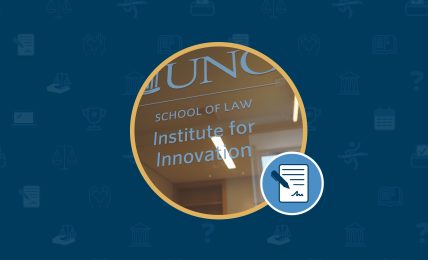Identifying legal obligations in providing access to services and accommodations for deaf/deafblind/hard of hearing (DDBHH) domestic violence survivors from agencies serving both survivors and offenders
By Michele Lynn
Providing service to the state of North Carolina is a core value of the UNC School of Law. Commitment to this ideal from law school faculty and students is reflected in a recent project to improve access to services for deaf/deafblind/hard of hearing (DDBHH) survivors of gender violence.
Students Sawyer Davis 3L, Amber Knepper 2L, and Halie Mariano 2L—overseen by Deborah M. Weissman, Reef C. Ivey II Distinguished Professor of Law, who chairs North Carolina’s Domestic Violence Commission—developed a memorandum that sets forth the legal obligations in providing access to services and accommodations for DDBHH domestic violence survivors from agencies serving both survivors and offenders. The memorandum allows organizations receiving state funding to understand more fully their obligations not just to survivors of domestic violence but all people with disabilities who wish to access state services.
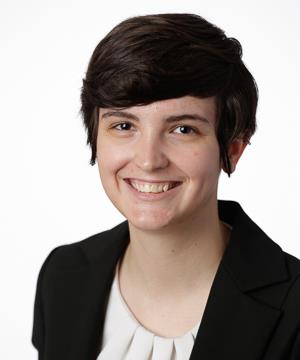
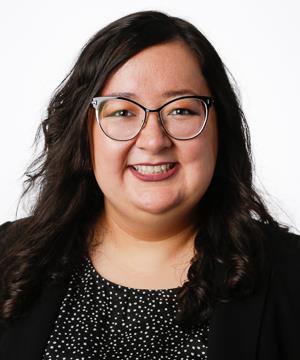
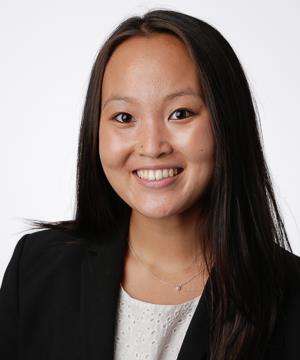
The memorandum was approved by the state commission after being reviewed by the commission’s victim services committee, chaired by Shelby Benton, and attorneys with Disability Rights North Carolina. It is now posted on the Department of Administration’s website under the Council for Women/Domestic Violence Commission.
The memorandum is also referenced in training webinars—for more than 100 programs—on best practices to ensure appropriate access is being provided to members of the DDBHH community. The students, who surveyed other states to determine how they support DDBHH domestic violence survivors, also wrote a report that will enable North Carolina to improve its programs by learning about other regions’ successes.
Knepper hopes that the students’ work will inspire continued efforts and commitment to equal access to accommodations and support. “Professor Weissman and the committee are working to raise awareness of domestic violence services and advocating to expand these resources for DDBHH survivors in North Carolina,” she says. “This work allows the committee to have quickly accessible information to share with providers and survivors. It also allows them to advocate for increased funding and push this initiative to the forefront of the agenda.”
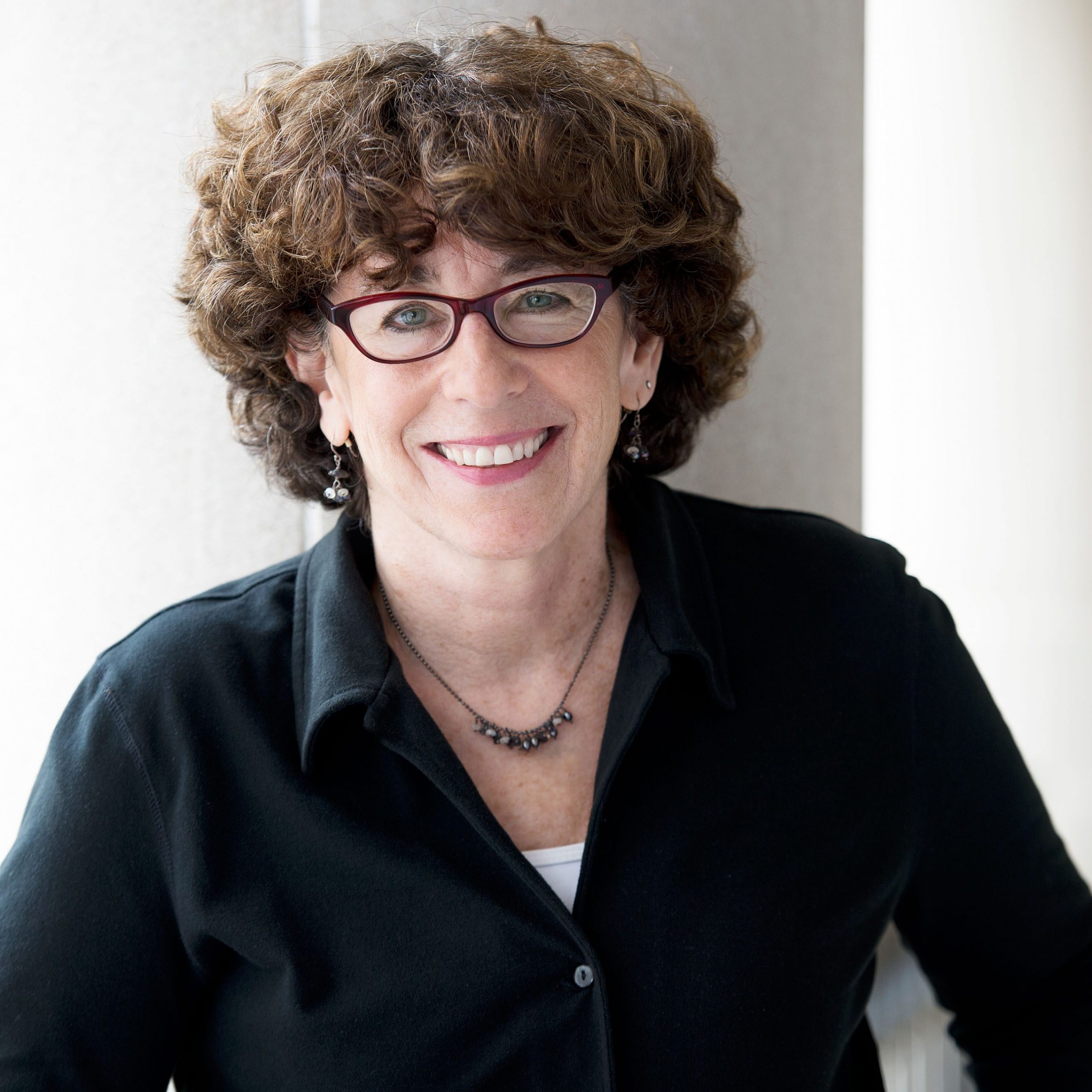
Weissman and Benton collaborated to develop the project, which Weissman shared with the law school’s pro bono board. Davis, who served as the attorney projects coordinator for the pro bono board during the past school year, says, “As someone with many family members with disabilities, and as a person who cares deeply about the safety of survivors across our state, this was a project I was very honored to be able to work on.” Knepper, who knows American Sign Language, was happy to be able to support the DDBHH community while gaining research experience.
“The work by the students is a remarkable contribution to the rights of the deaf/deafblind/hard of hearing community,” says Weissman. “These students did excellent work that has already changed the face of state government, because it has helped agencies know their legal obligations. The memo applies to all state agencies and non-profits receiving federal funds, and thus, I believe it will have significant impact beyond serving those affected by domestic violence.”
In turn, the students praise Weissman. “Professor Weissman was the ultimate supporter and mentor throughout this process,” says Mariano. “She provided us with the necessary information and knowledge to get us started, and then oversaw the writing process. She gave us a lot of freedom to work independently, while also ensuring we were on the right track.”
“This project gave the students a sense of their obligation to use their skills, to put it in the broadest terms, to improve justice,” says Weissman. “They chose to take this opportunity to work on this, as Carolina Law students who care about the world, who care about fairness, who care about access, and who care about these issues. They exercised their longing for justice and accomplished something important.”

